Chinese Traditional Festivals: Rich Traditions Passed Down Through Generations
Inhaltsvorschau
Chinese traditional festivals are not only moments of celebration and leisure but also key occasions for cultural heritage and family reunions. Each festival has its unique traditions, customs, and stories.
Alle VISA-bezogene Fragen werden behandelt in China-Reiseführer (aktualisiert am 23. Januar 2024)
Einen schnellen Überblick finden Sie unter Chinas 144-Stunden-Visumfreiheit
Oder Planen Sie Ihre Reise nach China kann dir helfen
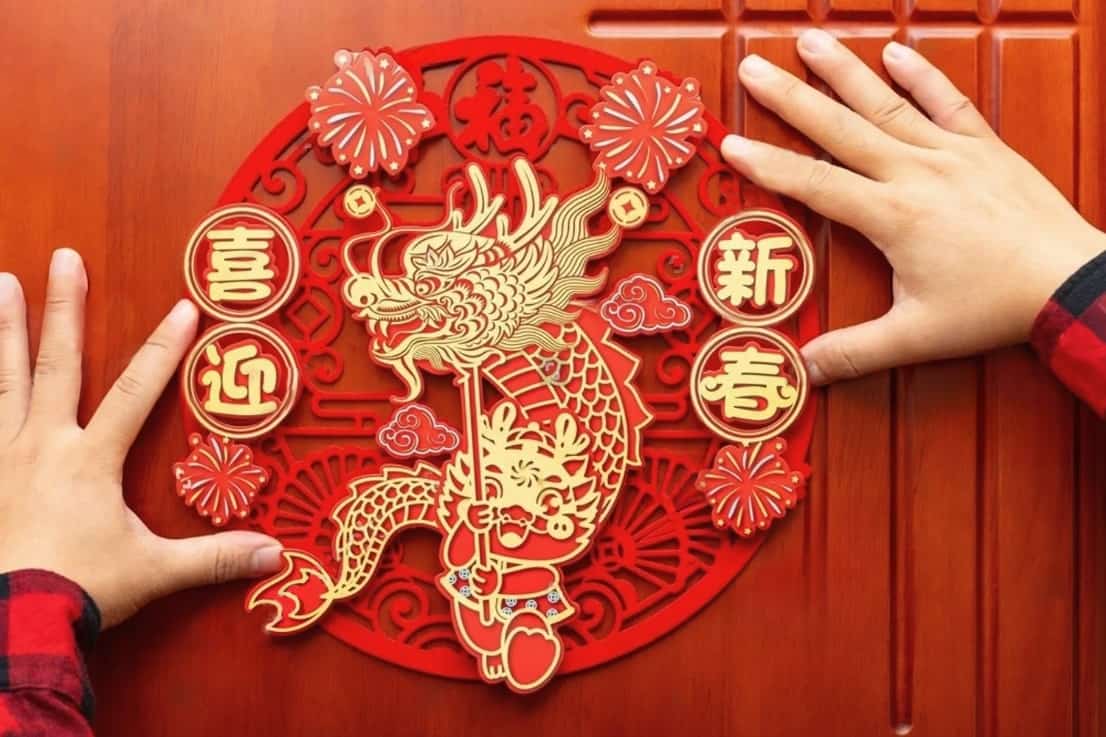
Key Festivals and Legends
Spring Festival (Chinese New Year) is among the most important traditional festivals. Families gather to set off fireworks, paste couplets, and stay up late (Shousui). Lion dances and dragon dances are common during this period.
Legend: The monster “Nian” would cause trouble every New Year, hence the custom of setting off fireworks and pasting couplets, as Nian fears red colors and loud noises.
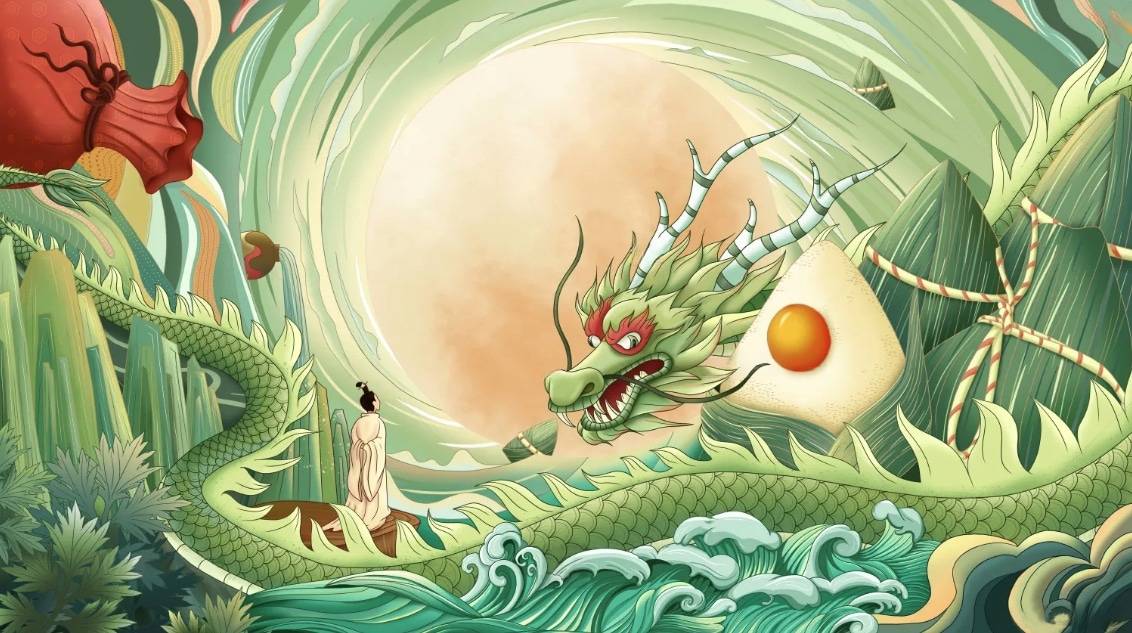
Dragon Boat Festival is known for dragon boat races and eating zongzi. It commemorates the ancient patriot poet Qu Yuan. The custom of dragon boat racing and throwing zongzi into water is to remember him.
Historical Origin: After Qu Yuan drowned himself, people rowed boats to find his body and threw zongzi in the water to prevent fish from eating his body.

Mid-Autumn Festival (Mooncake Festival) symbolizes reunion. People enjoy moon-viewing and eat mooncakes, celebrating family and loved ones’ reunions.
Legend: Chang’e flying to the moon, symbolizing eternal loneliness.
Qingming Festival is a traditional tomb-sweeping day. People pay respects to ancestors and enjoy spring outings, symbolizing nature’s revival.
Origin: Cold Food Festival and Jie Zitui, who jumped into fire for loyalty. People stopped using fire, which evolved into the Cold Food Festival, eventually becoming Qingming.
Double Ninth Festival (Chongyang Festival) traditionally involves climbing heights and appreciating chrysanthemums, symbolizing longevity and health. It’s also a time to respect the elderly.
Origin: A young man avoided a plague by taking his family to the mountains.
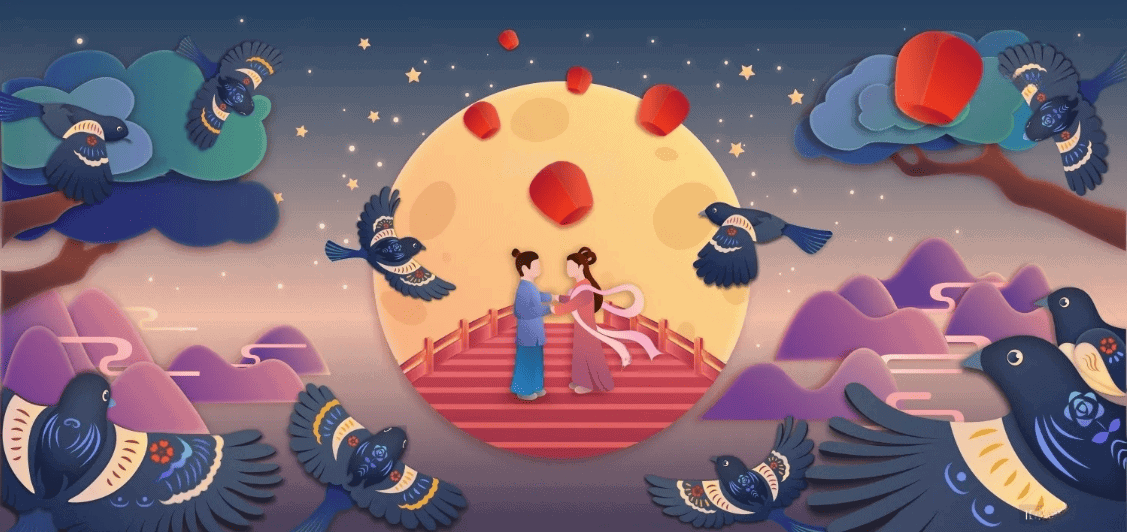
Qixi Festival (Chinese Valentine’s Day), where the story of the Cowherd and the Weaver Girl meeting once a year across the Milky Way is celebrated. Couples express their love on this romantic day.

Lantern Festival on the 15th day of the first lunar month includes activities like lantern viewing, solving riddles, and eating yuanxiao or tangyuan, symbolizing reunion.
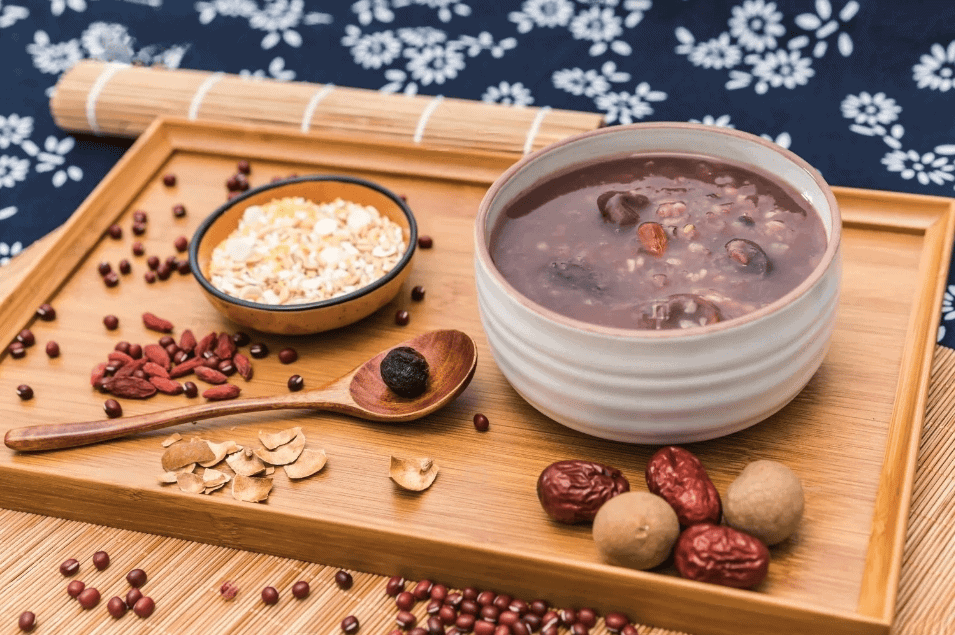
Laba Festival is mainly marked by “drinking Laba porridge,” where people make offerings to ancestors and deities and eat festive food.
Torch Festival on June 24th of the lunar calendar includes bullfighting, sheep fighting, cockfighting, horse racing, wrestling, singing, dancing, and beauty contests.
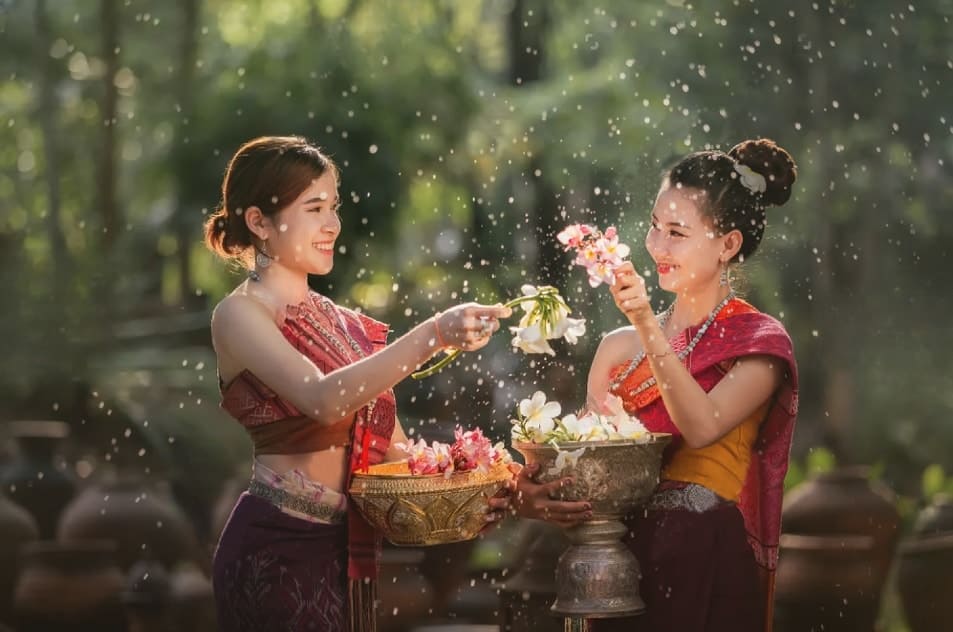
Water Splashing Festival (Buddha Bathing Festival) marks the New Year in Dai culture. Celebrated in various countries, it includes activities like water splashing, dragon boat racing, Buddha bathing, and performances.
Experiencing Traditional Festivals
For travelers interested in Chinese culture, participating in traditional festivals offers a unique and memorable experience, each with its celebratory customs.
Suggestions for Participating in Festival Activities
Spring Festival: Visit temple fairs and watch fireworks.
Dragon Boat Festival: Watch dragon boat races and try different zongzi.
Mid-Autumn Festival: Enjoy moon-viewing and taste mooncakes.
Qingming Festival: Join spring outings.
Double Ninth Festival: Climb heights to experience the culture and view autumn scenery.
Festival Travel Experiences
Cultural Experience: Festivals feature cultural activities like traditional performances and handicrafts.
Local Customs: Joining local celebrations offers deeper insights into local culture.
Festival Foods: Trying festival-specific foods like dumplings (Spring Festival) and zongzi (Dragon Boat Festival) is key to understanding Chinese festival culture.
Integration of Chinese Traditional Festivals and Culture
Chinese festivals are deeply rooted in culture and history, reflecting lifestyle, values, and beliefs.
Family and Reunion: Festivals like the Spring Festival and Mid-Autumn Festival emphasize family bonds.
History and Heritage: Each festival has a unique historical background and legends that form a vital part of Chinese culture.
Celebration of Nature and Seasons: Festivals like Qingming and Chongyang are closely tied to the lunar calendar and seasonal changes, showing respect for nature in Chinese culture.
Diversity in Regional Customs: Different regions have varied customs for festivals like the Spring Festival.
Artistic Richness: Festivals enrich artistic forms with lion dances, dragon dances, traditional dramas, and music.
Social Values: Traditional activities during festivals reflect core societal values like respecting elders and ancestors.




Kommentar (0)